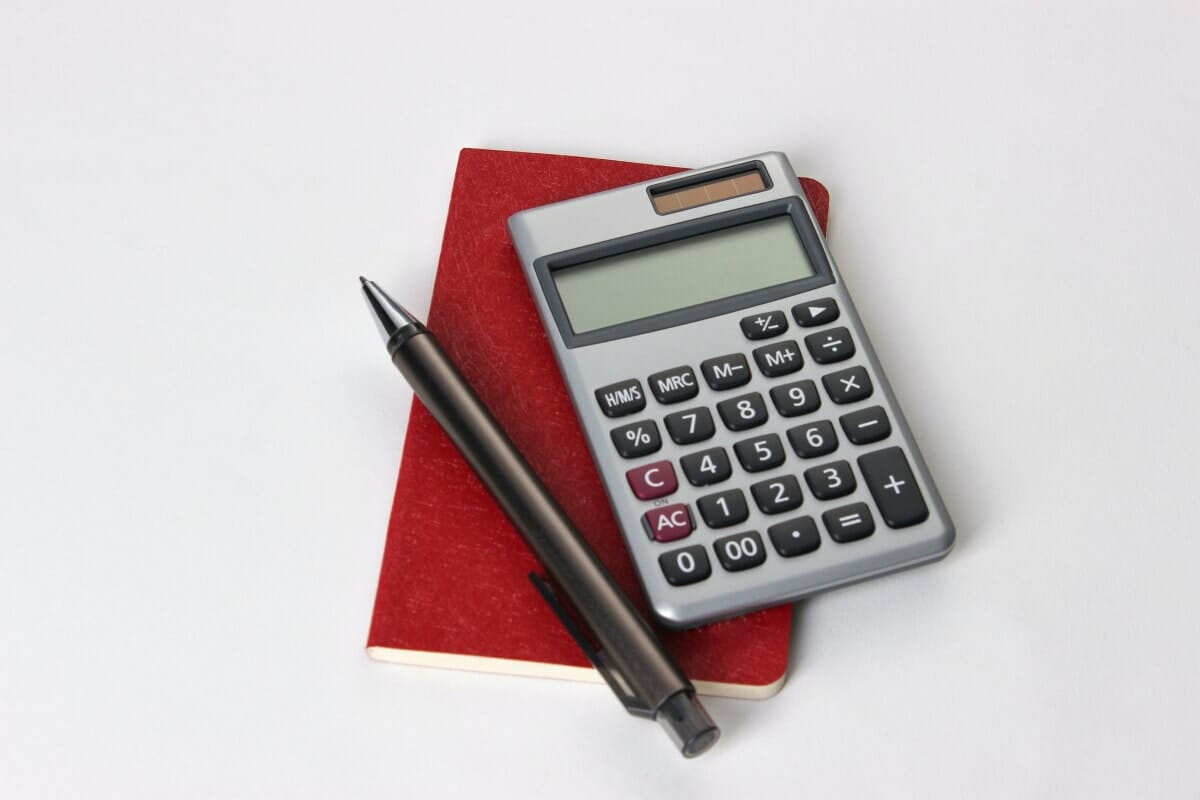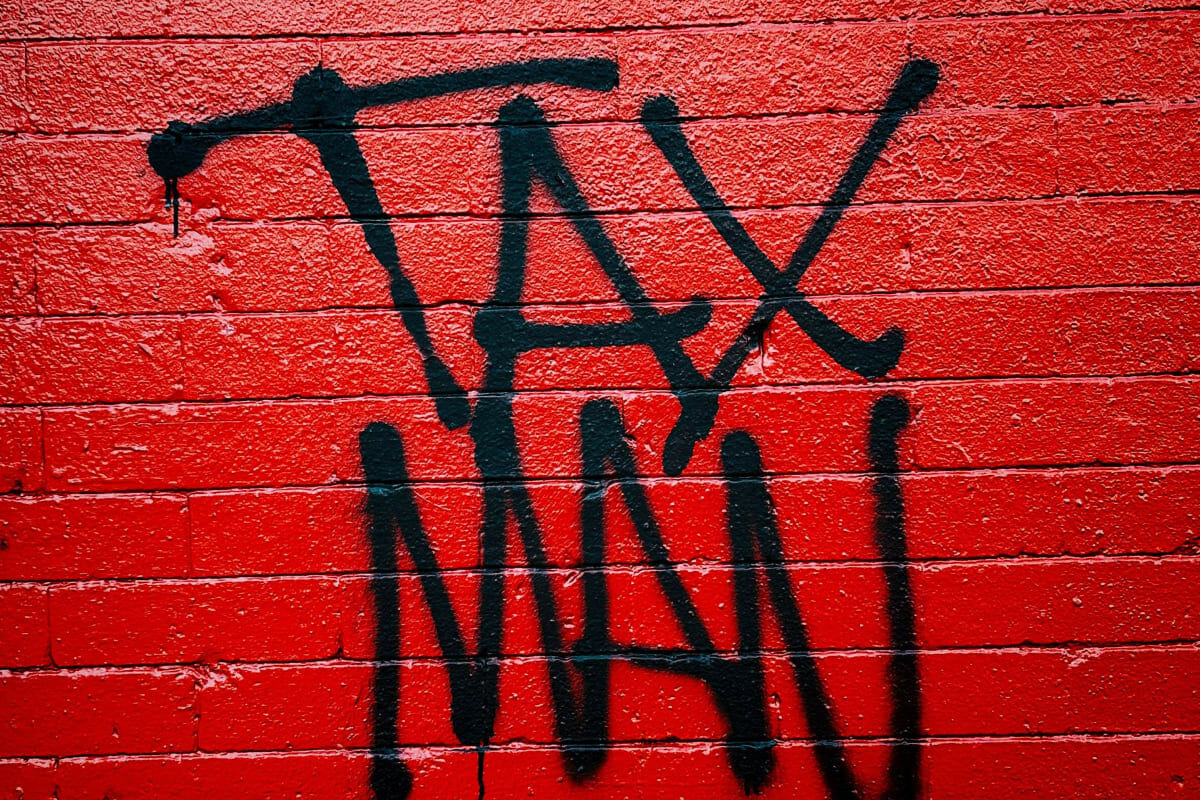When it comes to running a business, you need to make sure that the IRS doesn’t consider your company a top priority for a tax audit. Otherwise, all your accounts will be investigated in detail, to see if your submissions and records add up.
On top of this, you will have to provide evidence for each receipt and payment claimed. Since only a small percentage of small businesses are audited each year, there are some things that you can do to take corrective action and keep up to date. Be sure to keep up with financial statements. Complete records of all transactions. Get a handle on your cards, charges, and investment activities, and stay in control of your total financial picture with the help of a great bookkeeper. Here are some tips that will help you avoid a tax audit.

1. Always Evaluate the Numbers
One of the most important tips that will ensure your small business isn’t selected for a tax audit is checking your numbers. You should know that when someone provides a tax form that reports income, the same information will be available to the IRS. Therefore, the IRS will expect you to include the details in your tax returns.
If your numbers don’t match what other parties have mentioned, you will be issued a notice for an audit. It makes sense to double-check every detail that you enter on the tax return. Accounting and bookkeeping errors don’t just inspire audits, they affect the clarity of your decision-making and the perception you have of your company’s financial health.
2. Do Not Continuously Report a Loss
Another tip that you should consider is not reporting a net loss for more than two continuous years. If you report a loss every year, the IRS will be more likely to evaluate your tax returns and issue a notice for a tax audit. Besides, it might even disallow most of your business expense deductions.
3. Accurately Report Income and Expenses
To minimize the chances of being called for a tax audit, you have to report your income and expenses accurately. For instance, it is important that you use your business bank account for receipts and payments. Besides, this will make it a lot easier for you to prepare tax returns every year, as you will just need to go through your bank statements.
Although you can round the numbers to the nearest dollar, you must ensure that you do not go overboard. The fact is that the IRS will discover if the information entered is incorrect. It is best that you avoid rounding to hundreds or even tens. Your personal assessment of risk should always lead you toward the common sense decision of complete transparency, compliance, and preparation.

4. Do Not Pay High Salaries to Shareholders Working for You
A notable tip that you must consider so that you can avoid a tax audit is paying reasonable salaries to employees who happen to be shareholders as well. Although you can pay a high salary to executives to minimize profits and tax, the IRS would have some reservations against such a decision. This is why you should stick to a salary range that is typical of your industry.
5. Be Wary of Contractors
If your business process involves a lot of independent contractors, it will often be more prone to a possible audit. The reason behind this is that it is possible to avoid payroll taxes when you employ independent contractors. Moreover, you should go through the guidelines set out by the IRS for independent contractors to ensure that you follow the regulations perfectly. To avoid any complications, consult your bookkeeper.
6. Claim Only Legitimate Home Office Expenses
The IRS is skeptical of home offices and reviews the expenses to make sure they are legitimate. For this reason, you need to only claim expenses that you know you can justify. You must have a separate space at home for your business. Working in your bedroom does not count. Moreover, having large expenses for utilities and maintenance (this risks an energy audit) when operating a home office will often result in greater scrutiny. Your method of accounting and keeping the books should always include an accurate record and justification for all home office expenses.
7. Pay Your Estimated Small Business Taxes
In addition to the above, you need to pay your estimated small business taxes on time. If you believe that you would have to pay around $500 in taxes by the end of the year, it is crucial that you make quarterly estimated tax payments. Otherwise, the IRS will issue a tax audit notice and require you to pay penalties.You don’t want back tax-payments affecting your ability to make the most of your funds and pursue business expansion.

8. Honesty Is Important
If you think that you can submit tax returns with falsified information, you need to think again. It is vital that you are completely truthful. To avoid a tax audit, you have to accurately report income, expenses, and credits, along with a wide range of details such as financial actions including the purchase of supplies, labor costs, sales transactions, credit card activity, delivery charges, finance charges, mortgages, loan payments, assets and debt, investment income, and much more, whenever these details are required or requested.
9. High Earners Need to Be More Careful
Most filers are people who earn less than $200,000 a year. If you fall in this camp, you should be able to avoid scrutiny, at least when it comes to this detail. On the other hand, anyone who makes more than $1 million and pays abnormally low income taxes will be audited.
The IRS will look into your deductions, including charitable contributions. Furthermore, if you file Schedule C, your tax returns will be questioned.
10. Make Realistic Deductions
While reviewing your tax returns, the IRS will pay special attention to any deductions you have made. If there are unrealistic or unusual deductions, the auditor will issue a tax audit notice to call you in. For instance, if you claim charitable tax deductions that amount to 40% of your annual income, or claim tens of thousands in computer hardware purchase costs when you’re the only one on staff, you will likely be audited.
11. E-Filing Helps
Since the error rate of electronically filed returns is 0.5%, whereas the error rate of paper returns is 21%, it is best that you file your returns electronically. Many taxpayers have opted for electronic filings over the years. In fact, around 138 million taxpayers e-file every year. Since there is a lower chance of mistakes when you file electronically, it is often the right move. However, combining this with a trusted bookkeeper is the way to completely protect yourself.
12. Match Up All Your Paperwork
Lastly, you need to make sure that you have sufficient evidence for everything. The IRS will find out if there are any discrepancies. You need to review all government-issued forms, your own financial statements, and any important documentation so they match the information you report in your tax returns.
Keeping good records and staying honest should help you avoid a tax audit. Now, if you are unsure about your income and deductions, don’t hesitate to team up with an accountant or bookkeeping service provider to help you out.

In Closing
Tax audits are not much fun. It’s not the way you want to start off in the new year. Take your finances, your books, and your tax obligations seriously. Don’t get sloppy or accept errors. it will come back to haunt you. Remember, the IRS can come after you for bad tax returns for years afterward.
Be disciplined in your level of organization, your records, and your communication with your bookkeeper. Don’t add stress to your life. You’ve already got enough of that. Keep it all together each day, each week, and each month, so you’re never caught off guard or tempted to push details around during tax season.
Sound Accounts gives business owners greater confidence and peace of mind by providing top-notch bookkeeping support and sound advice. Contact us today to learn more and find out how you can qualify for 6 months of free QuickBooks.
To learn more about avoiding a tax audit, check out our frequently asked questions below.
FAQ
What are some common triggers for a tax audit?
The following mistakes are likely to trigger a tax audit.
Overestimating Donations: Although the IRS encourages taxpayers to donate money and items to nonprofit organizations, it makes sure that no one takes advantage of the system.
Mathematical Errors: Another mistake that can trigger a tax audit is errors in your computations. Even though it might sound simple, most tax returns are audited just because of mathematical errors. This is why you have to ensure that everything adds up when you fill out your paperwork.
Failure to Sign the Return: Whether you file your tax returns electronically or manually, you have to make sure that you sign them. Otherwise, you can expect additional scrutiny and the possibility of an audit.
Under-Reporting Income: Even though you might be tempted to exclude certain income, the IRS will easily find out if you have under-reported it.
Over-Reporting Home Office Expenses: If you are running a business from your home, you need to ensure that you do not over-report expenses. If the deductions are too large, the IRS will definitely raise an eyebrow and reach out for a talk.
Who gets audited the most?
The IRS is more likely to audit taxpayers who have earned over $500,000 or under $25,000.
How can you reduce your chances of being audited?
Here are some of the ways you can reduce the possibility of getting audited.
Not Reporting a Loss: If you report a loss, an audit is more likely. This is why it is important that you recheck your income and expenses before you claim a loss.
Specify Expenses: Each expense you claim needs to be specific. Otherwise, it would be deemed fictitious.
File on Time: By filing on time, you can reduce the risk of being issued a tax audit notice.



